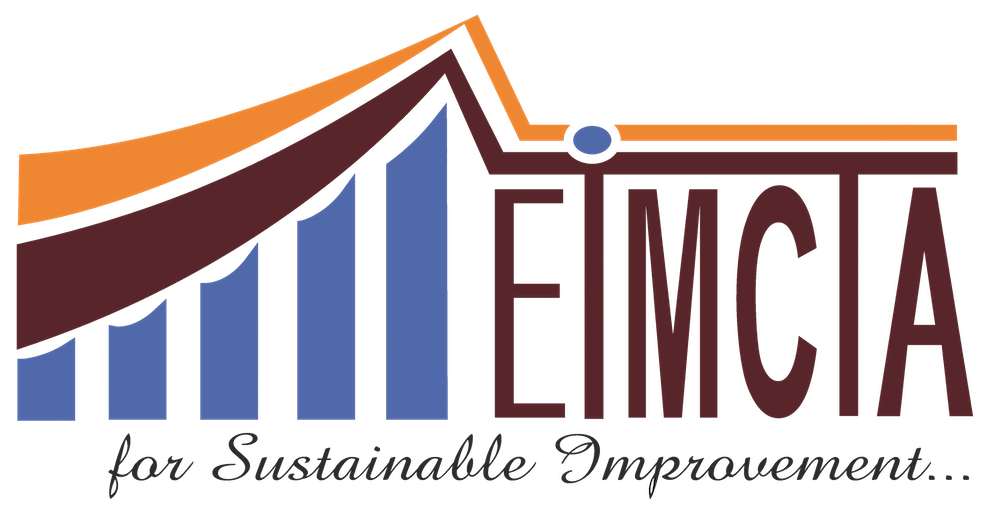Emergency response and mock drills are crucial components of a comprehensive safety program in any organization. Conducting regular emergency response drills provides numerous benefits for both employers and employees. Here are some key advantages:
1. Enhanced Preparedness:
- Familiarity with Procedures: Regular drills familiarize employees with emergency procedures, ensuring that they know how to respond effectively in real emergencies.
- Crisis Management: Employees become more adept at managing crises, making them better prepared to handle unexpected situations.
2. Quick and Efficient Response:
- Reduced Response Time: Regular practice helps individuals react more quickly and efficiently during an actual emergency.
- Effective Communication: Mock drills improve communication among team members and with external emergency services, reducing confusion and delays.
3. Identification of Gaps and Weaknesses:
- Weakness Identification: Drills help identify weaknesses in emergency response plans, allowing organizations to address and rectify gaps.
- Equipment Checks: Mock drills provide an opportunity to assess the readiness of emergency equipment and identify any maintenance or replacement needs.
4. Training Reinforcement:
- Skill Retention: Regular drills reinforce training received during safety programs, helping employees retain and apply essential skills.
- Continuous Learning: Each drill can be used as a learning opportunity, allowing for continuous improvement in emergency response procedures.
5. Team Building:
- Team Cohesion: Emergency response drills foster teamwork and collaboration among employees.
- Roles and Responsibilities: Employees become more aware of their roles and responsibilities during emergencies, promoting a coordinated response.
6. Stress Inoculation:
- Reduced Panic: Regular exposure to emergency scenarios through drills helps individuals manage stress and panic during real emergencies.
- Calmer Decision-Making: Familiarity with emergency procedures allows for calmer decision-making under pressure.
7. Regulatory Compliance:
- Compliance Assurance: Many regulatory bodies require organizations to conduct regular emergency response drills to ensure compliance with safety standards.
- Documentation: Mock drills help organizations maintain records required for regulatory compliance.
8. Improved Communication:
- Communication Protocols: Drills provide an opportunity to test and refine communication protocols within and outside the organization.
- Emergency Notification: Employees become more accustomed to receiving and responding to emergency notifications.
9. Increased Safety Awareness:
- Heightened Awareness: Regular drills contribute to a culture of safety awareness within the organization.
- Recognition of Hazards: Employees become more attuned to potential hazards and risks in the workplace.
